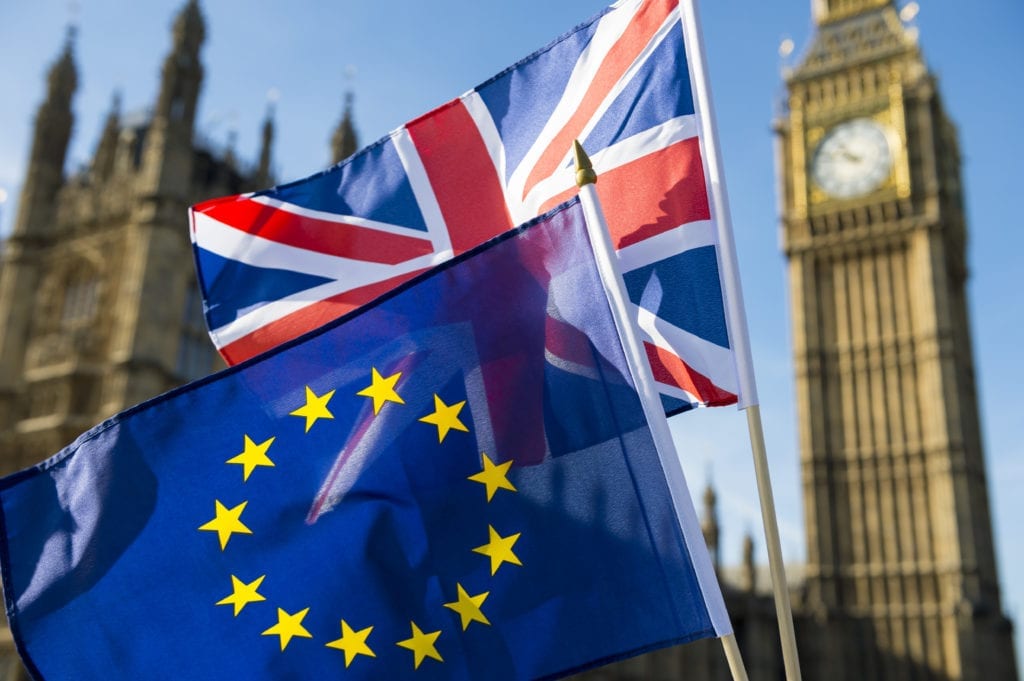The European Council has adopted a new Directive designed to enhance consumer protection, with the focus on the internet and online transactions.
Highlights include:
- enhanced harmonisation and streamlining of some of the criteria used to determine the level of penalties for infringements of EU consumer law;
- a right to individual remedies for consumers when they are harmed by unfair commercial practices, such as aggressive marketing;
- enhanced transparency in online transactions, in particular regarding the use of online reviews, personalised pricing based on algorithms or higher ranking of products due to ‘paid placements’;
- the obligation of online marketplaces to inform consumers on whether the responsible trader in a transaction is the seller and/or the online marketplace itself;
- the protection of consumers in respect of ‘free’ digital services, meaning those for which consumers do not pay money but provide personal data, such as: cloud storage, social media and email accounts;
- clear information for consumers in case of price reduction;
- the removal of disproportionate burdens, such as the obligation to use outdated means of communication, imposed on businesses by existing legislation;
- clarifications on member states’ freedom to adopt rules to protect the legitimate interests of consumers with regard to some particularly aggressive or misleading marketing or selling practices in the context of off-premises sales;
- clarifications on the way misleading marketing of ‘dual quality’ products should be dealt with by member states.
The new rules are likely to come into effect across the EU during the course of 2022. If a post-Brexit UK does not amend its consumer protection legislation in line with the Directive, businesses dealing with consumers in the UK and the EU may have to account for two very prescriptive but different sets of rules.
